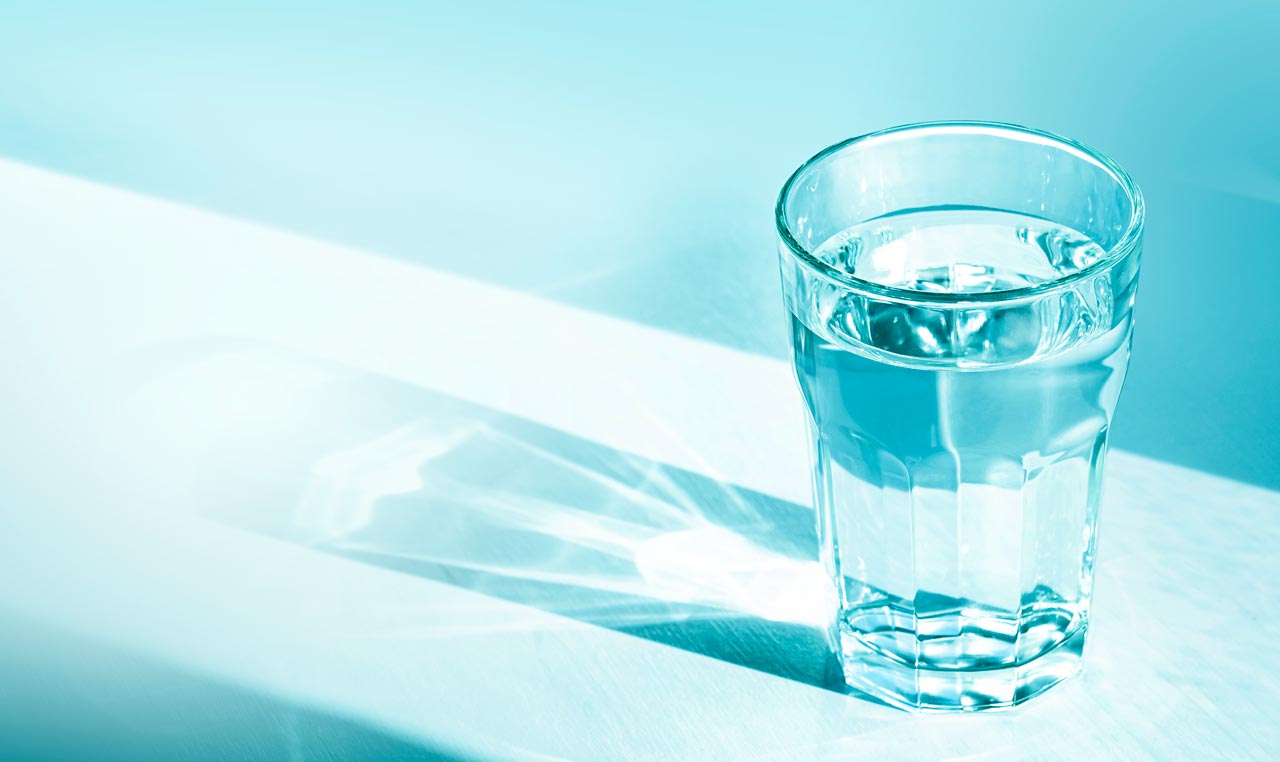“Some people see this trend as an opportunity to cleanse the body, feel better, and reboot for the new year – a ‘let’s see if I can do it’ approach with no real pressure,” says Sarah Carstens, LCSW, LCADC, Addictions Clinical Director at Penn Medicine Princeton House Behavioral Health. “For those using alcohol to dangerous levels, however, an attempt at dry January could cause withdrawal and serious complications. Technically, their ‘dry January’ should start in detox with medical supervision.”
Still, when framed differently, the underlying concept for dry January can have benefits for a spectrum of people that may be using alcohol excessively. Rather than placing a focus on abstinence, dry January can serve as an effective starting point for people to begin changing their relationship with alcohol.
If patients express interest in this concept, Carstens recommends that behavioral health providers help them:
Define personal goals. This includes meeting patients where they are to help them examine what they’d like to achieve and why, and tailoring goals around what’s realistic. Small steps could include going to one less happy hour per week, alternating alcoholic drinks with water, or choosing to ride-share instead of driving. When defining goals, it’s beneficial to consider past successes and apply similar principles.
Allow room for error. Patients are less likely to give up or feel like a failure when they understand in advance that setbacks happen.
Track progress. A journal or diary card that tracks sleep quality, energy level, mood, and other parameters throughout the month can be a powerful tool that helps patients more easily visualize and quantify their progress.
Consider February and beyond. Toward the end of January, patients can make observations about how they feel, what they’ve noticed, and how they may want to carry their progress or motivation into the coming month.
“With this alternate approach to dry January, we’re really applying the principles of harm reduction to provide a greater number of people with more personalized options for change,” says Carstens.
Because many people focus on improving their health and well-being at the start of the year, dry January has an added benefit of a sense of community.
“One person’s dry January won’t be the same journey that others are taking,” adds Carstens. “But it will be a more realistic journey that allows them to put the focus exactly where it needs to be.”



